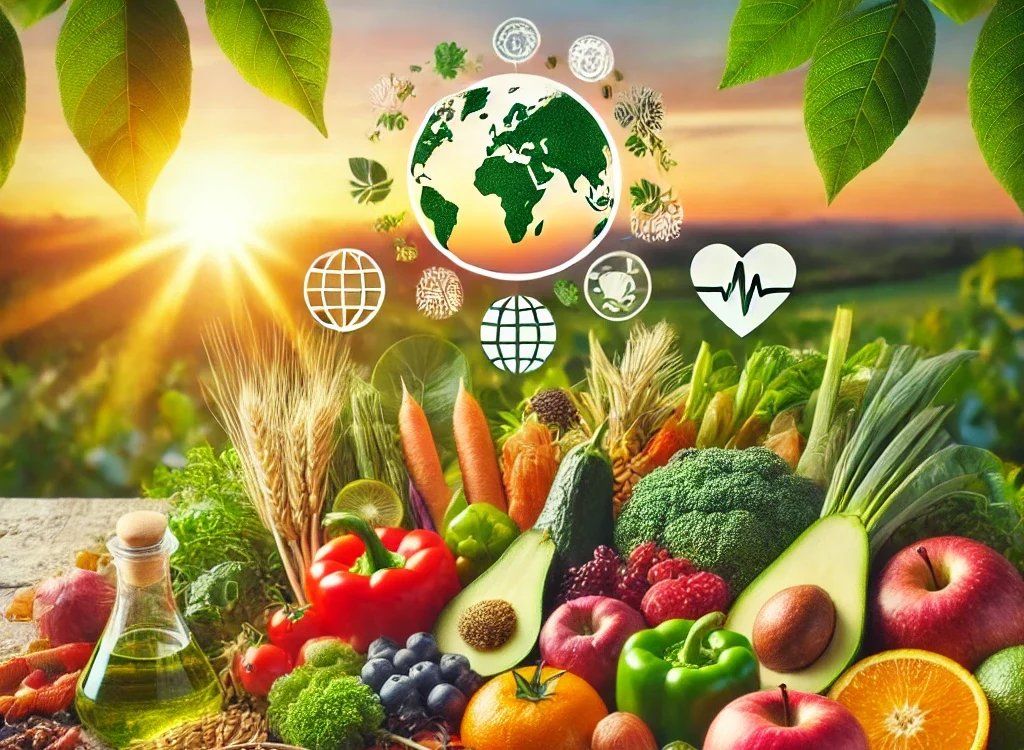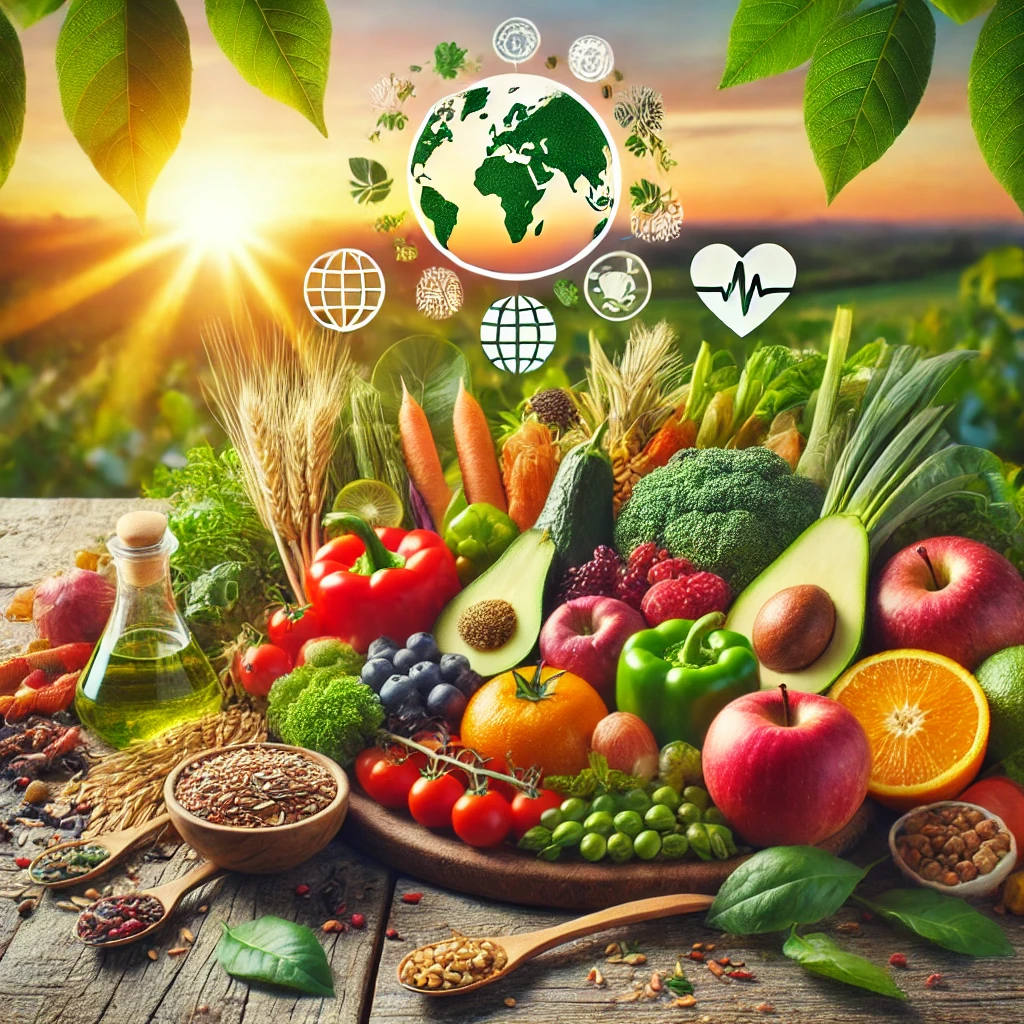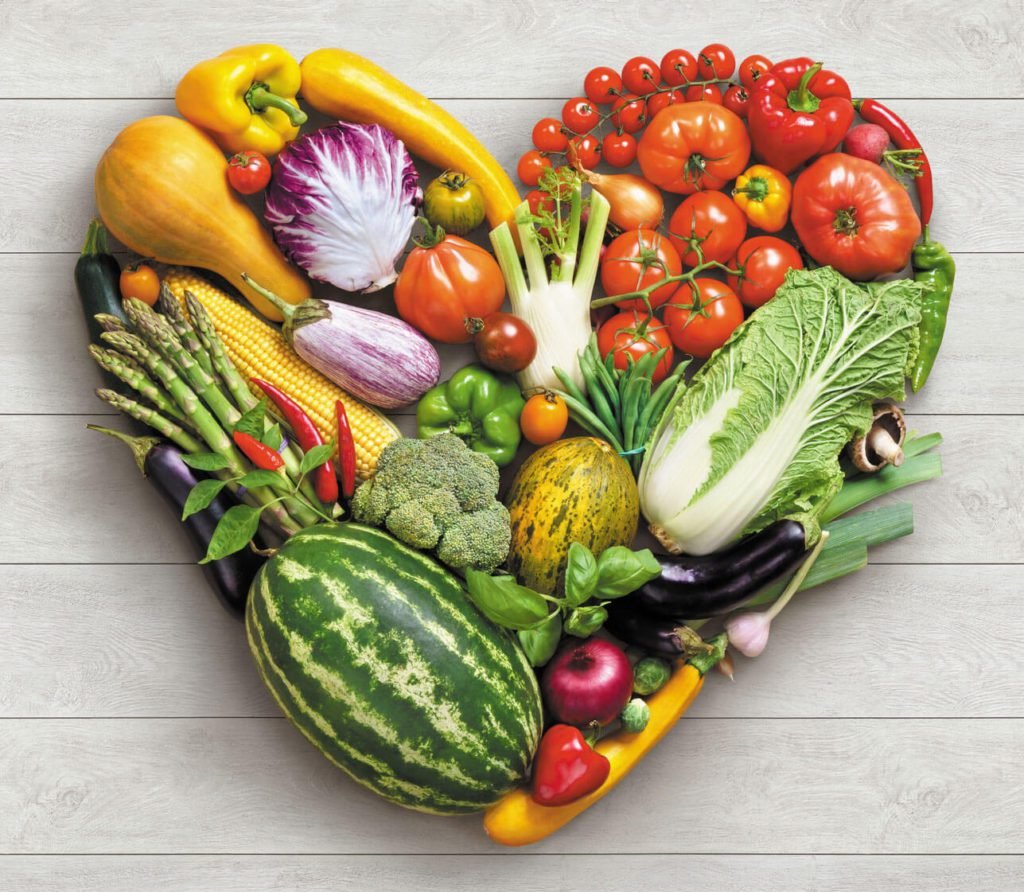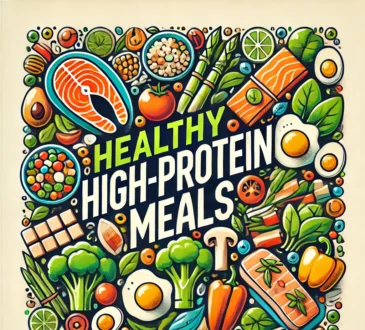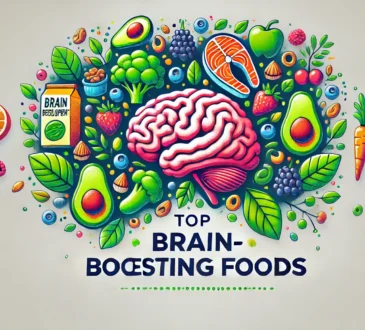402views
Adopting a plant-based diet can have numerous benefits for your health, the environment, and animal welfare. Here’s a detailed breakdown:
Health Benefits
- Improved Heart Health
- Plant-based diets are rich in fiber, antioxidants, and healthy fats, which help lower LDL (“bad”) cholesterol and blood pressure.
- Reduces the risk of heart disease, stroke, and hypertension.
- Weight Management
- Plant-based diets tend to be lower in calories and high in fiber, promoting satiety and aiding weight loss or weight maintenance.
- Studies show that vegetarians and vegans often have lower body mass indices (BMIs).
- Reduced Risk of Chronic Diseases
- Lower incidence of type 2 diabetes: Whole grains, legumes, and vegetables regulate blood sugar levels.
- Reduced cancer risk: Diets high in fruits, vegetables, and legumes contain antioxidants and phytochemicals that combat cancer.
- Lower inflammation: Plant-based diets reduce chronic inflammation linked to arthritis, autoimmune conditions, and other illnesses.
- Better Digestive Health
- High fiber content supports gut health, promotes regular bowel movements, and prevents constipation.
- Encourages a diverse gut microbiome, which is linked to improved immunity and mental health.
- Longevity
- Studies suggest that plant-based diets are associated with a longer lifespan due to the reduced risk of chronic illnesses.
- Improved Mental Health
- Nutrients like magnesium, folate, and antioxidants found in plant-based foods are associated with better mood regulation and reduced symptoms of depression.
- Enhanced Nutrient Intake
- A plant-based diet is rich in essential vitamins (e.g., C, E, and folate), minerals (e.g., potassium, magnesium), and phytonutrients that boost overall health.
- Antioxidants in plant foods neutralize free radicals, reducing cellular damage and slowing aging processes.
- Improved Bone Health
- Contrary to common misconceptions, plant-based diets can support strong bones through calcium-rich foods like fortified plant milks, tofu, almonds, and leafy greens.
- Plant-based sources of magnesium and potassium improve bone density.
- Reduced Risk of Neurodegenerative Diseases
- Diets high in vegetables, fruits, nuts, and seeds have been linked to a lower risk of Alzheimer’s disease and cognitive decline.
- Omega-3 fatty acids from plant sources like flaxseeds, chia seeds, and walnuts support brain health.
- Boosted Immune System
- Plant-based foods contain immune-supporting vitamins (e.g., vitamin C from citrus fruits) and zinc from legumes, nuts, and seeds.
- Improved Skin Health
- High intake of water-rich foods like fruits and vegetables hydrates the skin.
- Antioxidants (e.g., beta-carotene in carrots, and lycopene in tomatoes) help reduce acne, prevent sun damage, and promote a glowing complexion.
Environmental Benefits
Sattvic Foods Nutritional Yeast Flakes (100 g) Rich in Fibre & B Vitamins, Vegan, Cheesy flavour
Linksredirect.com
- Reduced Carbon Footprint
- Livestock farming contributes significantly to greenhouse gas emissions (methane and CO2). Switching to plant-based diets helps mitigate this impact.
- Conservation of Water Resources
- Producing plant-based foods requires significantly less water compared to meat production. For example, making a pound of beef consumes about 1,800 gallons of water, whereas grains or vegetables use much less.
- Land Use Efficiency
- Plant-based diets reduce the demand for deforestation and land clearing, which are often required for animal agriculture.
- More food can be produced on less land with crops than livestock farming.
- Reduction in Pollution
- Livestock farming contributes to water pollution due to runoff from fertilizers, pesticides, and animal waste. Plant-based diets lessen these impacts.
- Reduction in Biodiversity Loss
- Animal agriculture is a leading cause of habitat destruction, deforestation, and species extinction. Plant-based diets reduce pressure on ecosystems and protect wildlife.
- Mitigation of Ocean Dead Zones
- Runoff from livestock farming contributes to dead zones in oceans, where marine life cannot survive. Shifting to plant-based diets decreases this harmful impact.
- Lower Methane Emissions
- Ruminant animals like cows produce methane, a potent greenhouse gas. Reducing meat consumption helps combat climate change directly.
- Decreased Dependence on Fossil Fuels
- Producing plant-based foods requires less energy compared to meat production, which relies heavily on machinery, feed, and transportation.
Understanding the Causes of Heart Failure: Key Factors and Underlying Diseases
Ethical Benefits
- Animal Welfare
- Adopting a plant-based diet reduces reliance on factory farming and the exploitation of animals for food.
- Support for Sustainable Practices
- Many plant-based food systems emphasize organic and sustainable farming, minimizing harm to ecosystems.
- Alignment with Personal Values
- Many people find that adopting a plant-based diet aligns with their ethical stance on reducing harm and respecting living beings.
Economic Benefits
- Cost Savings
- Plant-based diets can be more economical as staples like grains, legumes, fruits, and vegetables are often cheaper than meat and dairy.
- Healthcare Savings
- By reducing the risk of chronic illnesses, plant-based diets can lead to lower healthcare costs over time.
- Resource Efficiency
- Producing plant-based foods is more resource-efficient, requiring less land, water, and energy, which can ultimately stabilize food prices.
- Support for Local Economies
- Many plant-based products are sourced locally, promoting regional agriculture and reducing reliance on global supply chains.
Cultural and Social Benefits
- Promotion of Food Diversity
- A plant-based diet encourages the exploration of diverse cuisines rich in grains, legumes, fruits, and vegetables.
- Community Impact
- Adopting sustainable eating habits can inspire others to follow suit, creating a ripple effect of positive change.
- Reduction in Global Hunger
- Shifting to a plant-based diet frees up resources (e.g., grains used for livestock feed) that could be used to feed millions of people worldwide.
- Cultural Culinary Exploration
- A plant-based lifestyle encourages individuals to discover cuisines rich in plant ingredients, such as Indian dals, Mediterranean salads, Asian stir-fries, and Latin American grain bowls.
- Global Movement Toward Sustainability
- Adopting a plant-based diet contributes to global initiatives aimed at combating climate change and achieving food security for future generations.
Potential Challenges and Tips
- Ensuring Nutritional Balance
- Focus on variety to meet nutritional needs. Include sources of protein (lentils, tofu, tempeh), iron (spinach, beans), calcium (fortified plant milk, leafy greens), and vitamin B12 (fortified foods or supplements).
- Transitioning Gradually
- Start by adopting “Meatless Mondays” or incorporating more plant-based meals gradually into your diet.
- Addressing Social Norms
- Share your goals with friends and family and explore plant-based dining options together to make the transition smoother.
Mental and Emotional Benefits
Effective Strategies to Control the Greenhouse Effect: Mitigating Climate Change and its Impact
- Increased Mindfulness
- Preparing and consuming plant-based meals often encourages more mindfulness about food choices, fostering a deeper connection to what you eat.
- A Sense of Contribution
- Many people report feeling more fulfilled knowing that their dietary choices contribute to positive environmental and ethical outcomes.
- Stress Reduction
- Certain plant-based foods like nuts, seeds, and leafy greens contain nutrients (e.g., magnesium, and tryptophan) that help reduce anxiety and improve sleep quality.
Performance and Physical Fitness
- Improved Athletic Performance
- Many athletes report better endurance, faster recovery times, and enhanced performance on a plant-based diet due to the anti-inflammatory effects of plants.
- Increased Energy Levels
- The abundance of complex carbohydrates in plant-based diets provides sustained energy throughout the day.
- Muscle Recovery
- Plant proteins combined with high antioxidants reduce muscle soreness and aid in faster recovery post-exercise.
Scientific Backing and Research
- Scientific Studies on Longevity
- The Blue Zones, regions of the world with the longest-living populations, follow diets that are predominantly plant-based.
- Research links plant-based diets to reduced biological markers of ageing, such as lower telomere attrition rates.
- World Health Organization (WHO) Recommendations
- The WHO advises reducing red and processed meat consumption due to their classification as carcinogenic, supporting plant-based dietary patterns.
How to Overcome Challenges
- Protein Concerns
- Incorporate protein-rich foods like lentils, chickpeas, tofu, tempeh, seitan, quinoa, and edamame.
- Calcium and Vitamin D
- Choose fortified plant milks, leafy greens, and almonds, and consider a vitamin D supplement if sunlight exposure is limited.
- Vitamin B12
- This is primarily found in animal products but is easily supplemented or obtained through fortified foods.
- Social Adaptation
- Navigate social settings by planning ahead, exploring plant-based menu options, or hosting potlucks with plant-based dishes.
Inspiration from Public Figures and Movements
- Celebrity Advocacy
- Public figures like athletes (Venus Williams, Novak Djokovic) and environmentalists (Greta Thunberg) promote plant-based diets for their benefit.
- Movements and Initiatives
- Campaigns like Meatless Mondays, Veganuary, and Plant-Based Pledges inspire individuals to explore the lifestyle.
By adopting a plant-based diet, you contribute to your health, protect the environment, and support ethical food systems.
add a comment

